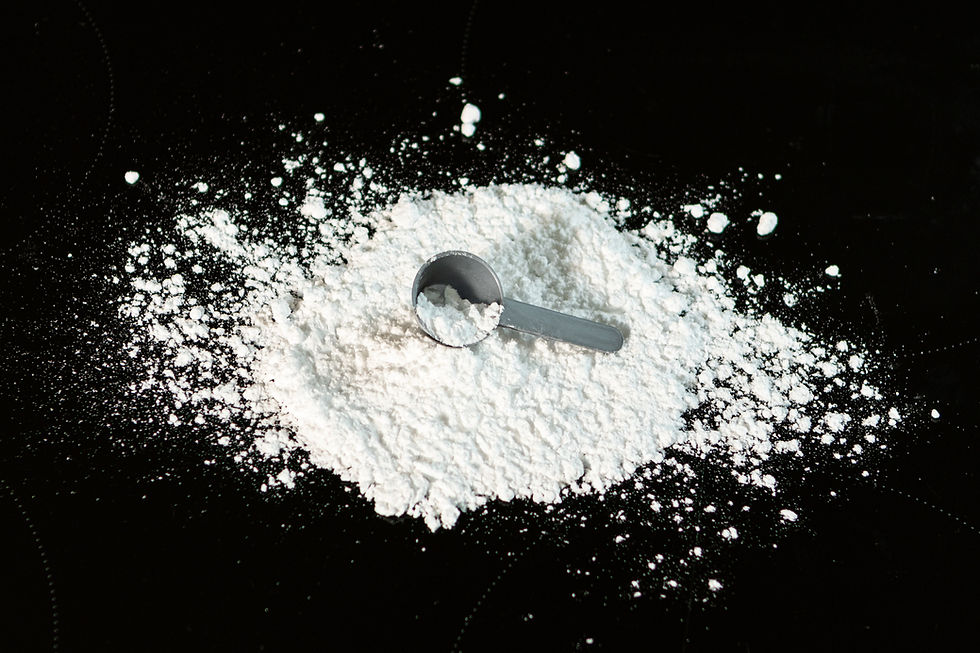The Effect of Muscle Hypertrophy on Weight Loss
- Synaptyx

- Apr 20, 2020
- 3 min read

For many of our clients, building muscle is one of their main goals, even if most of them verbally tell us that they only want to lose weight. What I tell my clients is that there are a few basic ways to try to lose weight and they all boil down to some form of caloric deficit. The average sedentary person could drop body weight by reducing caloric intake only, and they probably would steadily lose weight over time, until they hit a certain set point. This set point is different for everyone, but there comes a time when calories simply cannot be reduced any longer without sacrificing everyday function and health of the body. Others can begin a workout program and not change their diet much and still see some results based off how hard they are working in the gym. While it’s not recommended to overlook the dietary aspect of weight loss, people do it, but usually with less success. Prolonged caloric restriction is necessary for those who are very overweight or obese, but regardless of the size of the person, prolonged caloric restriction leads to a reduction in RMR or Resting Metabolic Rate. RMR is essentially the calories that would be burned at rest based off the hormone profile, sex, and anthropometrics of the organism. Being in a caloric deficit for a prolonged period of time means that the metabolism essentially slows down and compensates for the lack of calories. The larger this caloric deficit is, the quicker the weight loss initially, but the more severe that caloric compensation is. Regardless of the person, a caloric deficit leads to some metabolic slowing. And this is okay, but for long term success and a better looking physique, a higher RMR makes things much easier. This is where training for hypertrophy comes into play. By having more muscle and less fat on the body, the RMR will increase, making it that much easier to get yourself into a caloric deficit. This means when you do begin a calorie deficit program, you’re starting at a higher calorie amount than if you didn’t have that additional muscle on your body. This not only makes it easier to stick to, but it also means that you most likely have the strength to perform a workout program that’s tough enough to facilitate weight loss, and you also have a physique underneath the additional pounds to cut down to. This is crucial.
Now of course the question can be posed “So you’re saying everyone just needs to lift only and they can lose weight after they get strong and a higher RMR?”. And the answer to that is of course no, but it’s not totally far off. There are plenty of folks out there probably reading this that may need to begin by simply losing a few pounds, adhering to a diet and making some lifestyle changes before they jump into a workout program. For others, they like to take on the challenge all at once and begin a new diet as they begin their workout program. There’s no one way for everyone, but based off of the science and the experience of us among many others in the fitness industry, training for hypertrophy should have a place in almost any health and fitness program, as well as programs for athletes!
Main Takeaways:
Hypertrophy training improves RMR, which makes it easier to lose weight in the future
Hypertrophy training (when done right) improves your physique and helps you be more resistant to future injuries.
Hypertrophy training makes you look healthy and fit when you lose weight, not sick and tired!
Hypertrophy training should most likely be a part of YOUR fitness regime, and if that scares you, we’re here to help!



Comments